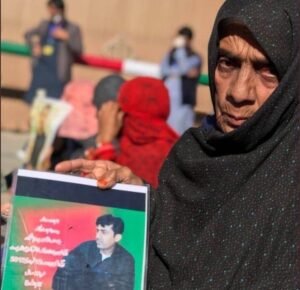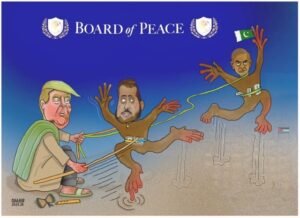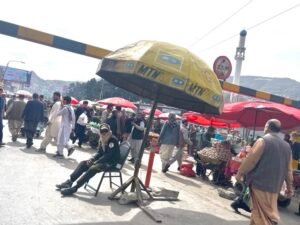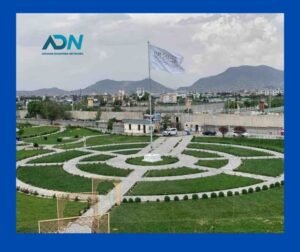UN Experts Raise Alarm Over Escalating Human Rights Abuses in Balochistan
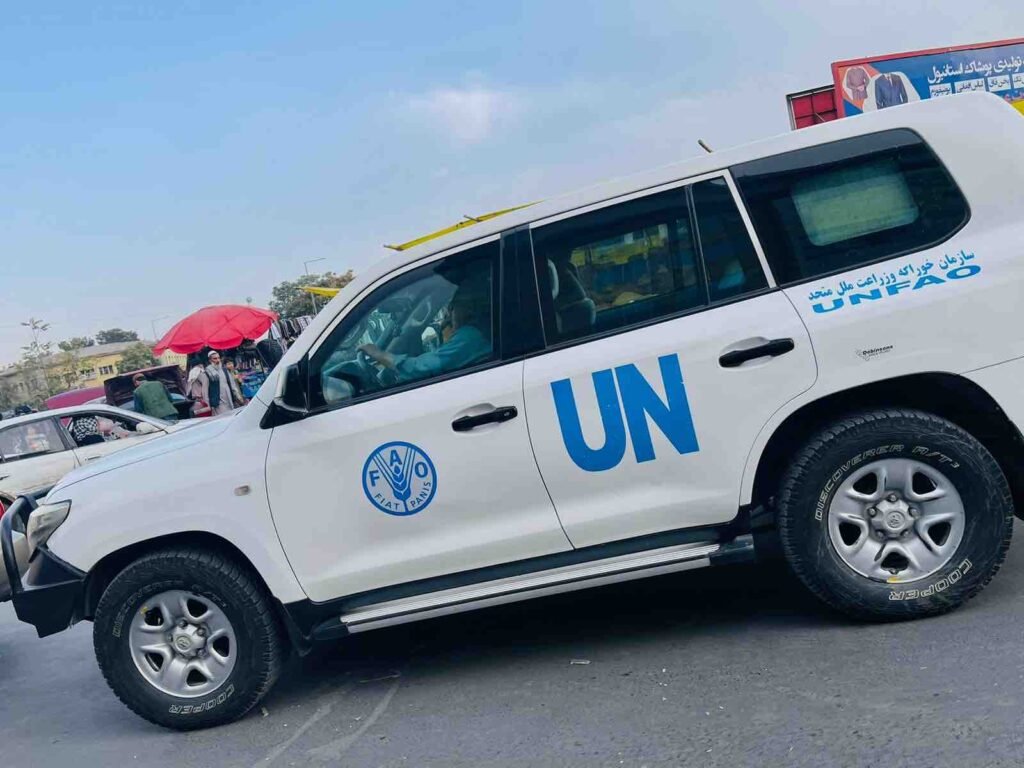
Photo by @SS Ahmad for ADN
By Kadeem Baloch
Balochistan, a resource-rich yet historically marginalized region in southwestern Pakistan, has increasingly become the epicenter of international human rights concerns. On April 29, 2025, independent United Nations human rights experts voiced profound alarm over Pakistan’s ongoing security operations in the province, emphasizing that anti-terrorism strategies must adhere strictly to global human rights norms.
While acknowledging the legitimate security threats posed by militant groups in the region, the UN experts stressed that counterterrorism must not come at the cost of fundamental human rights. They highlighted the alarming trend of enforced disappearances—where individuals vanish without legal justification, often in the custody of state forces—as a systemic and grave violation of international law.
The experts urged Pakistani authorities to implement credible, transparent mechanisms to locate the disappeared, ensure justice for victims, and hold those responsible accountable. They also called for the ratification of the International Convention for the Protection of All Persons from Enforced Disappearance and the recognition of its associated oversight committee, which would allow individuals to lodge complaints about such abuses on an international platform.
One of the most concerning patterns identified by the experts is the conflation of peaceful civic activism with terrorism. Reports suggest that expressions of dissent, minority rights advocacy, and public demonstrations are routinely met with state repression under the pretext of national security. This has led to a significant erosion of civil liberties, with arbitrary detentions, surveillance, and crackdowns on activists becoming commonplace.
Adding to this repression are repeated internet shutdowns across Balochistan. These blackouts have disrupted communication, restricted access to vital information, and impaired the ability of citizens to participate in democratic discourse and protest. The experts warned that such measures severely limit transparency and weaken mechanisms of governmental accountability.
Cases of extrajudicial killings, torture, and ill-treatment have also been reported, particularly targeting those involved in nonviolent protests. Members of the Baloch Yakjehti Committee (BYC), a prominent grassroots rights group, have allegedly been subjected to brutal treatment in custody. Among those reportedly abused are notable activists including Dr. Mahrang Baloch, Bebarg Baloch, Gulzadi Baloch, and Beebow Baloch.
In a series of disturbing developments, security officials allegedly entered Huda Jail in Quetta and physically assaulted BYC detainees in front of prison staff. Following these attacks, family members attempting to visit the prisoners faced intimidation, threats, and in some cases, denial of visitation rights. Beebow Baloch was reportedly removed from Huda Jail without formal documentation and remained missing for several hours before being relocated to Pishin Jail. There, she revealed she had been tortured and had since commenced a hunger strike in protest.
The accounts provided by her family, and later by Beebow herself, indicate that others detained alongside her endured similar abuse. Legal professionals and civil society groups have responded with strong condemnations. Multiple bar associations across Balochistan, including those in Makran, Kech, Gwadar, and Panjgur, staged a complete boycott of court proceedings in protest, labelling the actions of the security forces as unlawful and in violation of fundamental human rights.
The experts raised particular concern over the use of Pakistan’s Anti-Terrorism Act, which they say includes overly broad definitions of terrorism. This legislative vagueness has allowed authorities to classify a wide range of individuals—including academics, activists, and students—as “proscribed persons,” leading to travel bans, surveillance, and detentions. Several prominent figures from Balochistan have been placed on the country’s Exit Control List, effectively restricting their freedom of movement without due process.
Additionally, proposed legislative changes aimed at expanding preventive detention powers have drawn criticism. The experts warned that such amendments risk facilitating arbitrary detentions, particularly targeting women and human rights defenders under the guise of national security. The proposed establishment of internment centers for suspected militants in Balochistan was flagged as especially worrying, given the documented history of abuse in existing detention facilities.
Calls for a comprehensive overhaul of existing security laws and practices have grown louder. The UN experts have emphasized that Pakistan must ensure all counterterrorism measures align with its international legal obligations. They also stressed that sustainable peace and security in Balochistan cannot be achieved through repression alone. Instead, they urged the government to address the underlying grievances fueling unrest—such as economic marginalization, political exclusion, and systematic discrimination.
The experts referenced the United Nations Global Counter-Terrorism Strategy, which emphasizes that tackling root causes—like unresolved ethnic tensions and lack of governance—is essential to combating terrorism effectively.
Despite the repression, the BYC and other civil society actors have reaffirmed their commitment to advocating for justice and accountability. They argue that state-sanctioned violence and coercion will not deter their peaceful resistance.
As international concern mounts, the situation in Balochistan continues to test Pakistan’s commitment to human rights. With growing global scrutiny, the government faces increasing pressure to change course, address the legitimate demands of the Baloch people, and uphold its responsibilities under international law.
The author chooses a pseudonym. Kadeem Baloch is a freelance journalist based in Pakistan.
Note: The contents of the article are of sole responsibility of the author. Afghan Diaspora Network will not be responsible for any inaccurate or incorrect statement in the articles.





